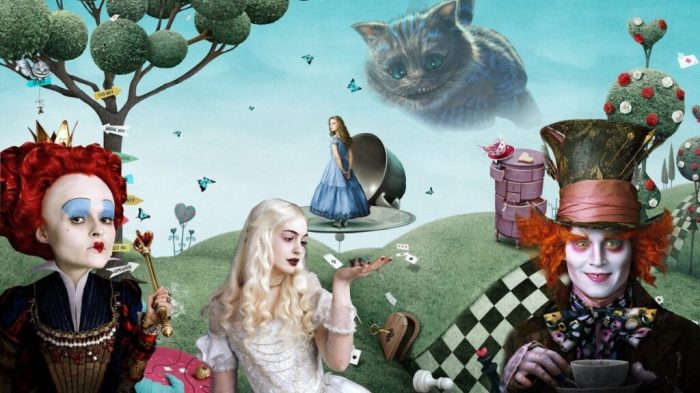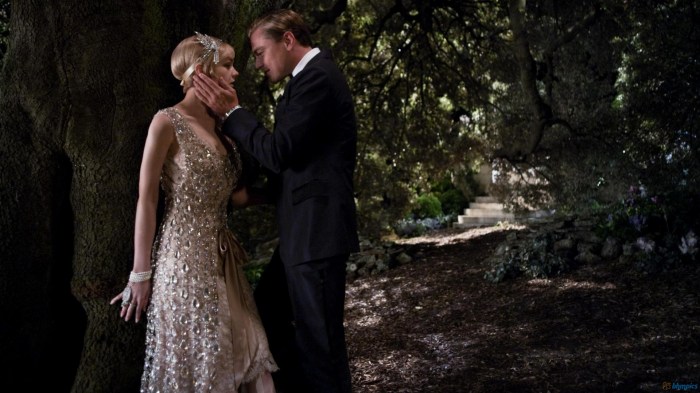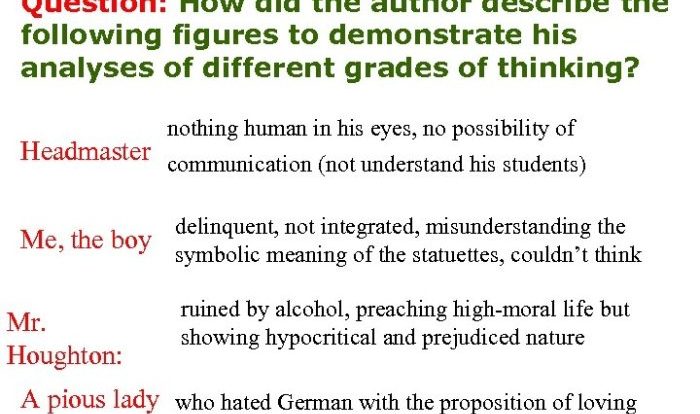Alice in wonderland alice monologue – In Lewis Carroll’s beloved masterpiece, “Alice in Wonderland,” the titular character, Alice, embarks on an extraordinary adventure that explores profound themes of identity, imagination, and the nature of reality. Through her iconic monologue, Alice reflects on her transformative journey and the profound lessons she learns in the whimsical and enigmatic world of Wonderland.
Alice’s monologue is a poignant exploration of the challenges and triumphs she encounters as she navigates the surreal and nonsensical landscapes of Wonderland. Her words capture the essence of her growth and transformation, as she confronts her own insecurities, discovers her inner strength, and ultimately embraces the power of imagination.
Alice’s Character and Journey

Alice’s insatiable curiosity and vivid imagination propel her extraordinary journey through Wonderland. Her ability to embrace the unfamiliar and question the established norms highlights the significance of imagination in unlocking new perspectives and challenging preconceived notions.
The Symbolism of Alice’s Transformation, Alice in wonderland alice monologue
Throughout the story, Alice undergoes physical and emotional transformations that symbolize her growth and adaptability. Her shrinking and growing represent the fluctuations of her self-esteem and confidence, while her encounters with strange creatures reflect her own insecurities and fears.
Challenges and Growth
Alice’s journey is fraught with challenges that test her resilience and resourcefulness. From the bewildering logic of the Mad Hatter’s tea party to the menacing presence of the Queen of Hearts, Alice learns to navigate unfamiliar territories, confront her fears, and ultimately discover her own strength and independence.
The Wonderland Setting

Unique and Whimsical Characteristics
Wonderland is a realm of paradox and absurdity, where the rules of logic and reason do not apply. Its whimsical inhabitants, from the Cheshire Cat to the Jabberwocky, defy expectations and challenge Alice’s preconceived notions of reality.
Surreal and Nonsensical Elements
The surreal and nonsensical elements of Wonderland contribute to the story’s exploration of themes such as identity, imagination, and the nature of reality. By creating a world that is both familiar and utterly strange, Carroll invites readers to question their own assumptions and embrace the boundless possibilities of imagination.
Reflection of Alice’s Subconscious
Wonderland can be interpreted as a manifestation of Alice’s own subconscious, a realm where her fears, desires, and hidden thoughts find expression. The strange and often threatening creatures she encounters represent the challenges and conflicts she faces within herself.
The Characters of Wonderland

The characters of Wonderland are a diverse and eccentric group, each representing a different aspect of Alice’s own psyche or a challenge she must overcome.
| Character | Role | Interactions with Alice |
|---|---|---|
| Mad Hatter | Eccentric and illogical | Challenges Alice’s sense of logic and reason |
| March Hare | Anxious and time-obsessed | Represents Alice’s own anxieties and fears |
| Queen of Hearts | Tyrannical and unpredictable | Represents Alice’s own anger and aggression |
| Cheshire Cat | Mysterious and enigmatic | Guides Alice through Wonderland and challenges her perceptions |
| Caterpillar | Wise and knowledgeable | Provides Alice with advice and guidance |
Symbolism and Allegory
The characters of Wonderland are not merely individuals but also symbols and allegories. They represent different aspects of human nature, such as madness, anxiety, tyranny, and wisdom. Through her interactions with these characters, Alice learns about herself and the complexities of the human psyche.
General Inquiries: Alice In Wonderland Alice Monologue
What is the significance of Alice’s monologue in “Alice in Wonderland”?
Alice’s monologue is a pivotal moment in the story, as it reveals her inner thoughts and feelings about her experiences in Wonderland. It provides insights into her character development and the transformative journey she undergoes.
How does Alice’s monologue reflect the themes of the story?
Alice’s monologue explores central themes such as identity, imagination, and the nature of reality. It highlights the importance of embracing one’s own individuality, questioning established norms, and recognizing the power of imagination in shaping our experiences.
What is the allegorical significance of Wonderland in Alice’s monologue?
Wonderland represents a metaphorical space where Alice’s subconscious and inner conflicts are played out. The surreal and nonsensical elements of Wonderland symbolize the challenges and complexities of growing up and navigating the complexities of human experience.


